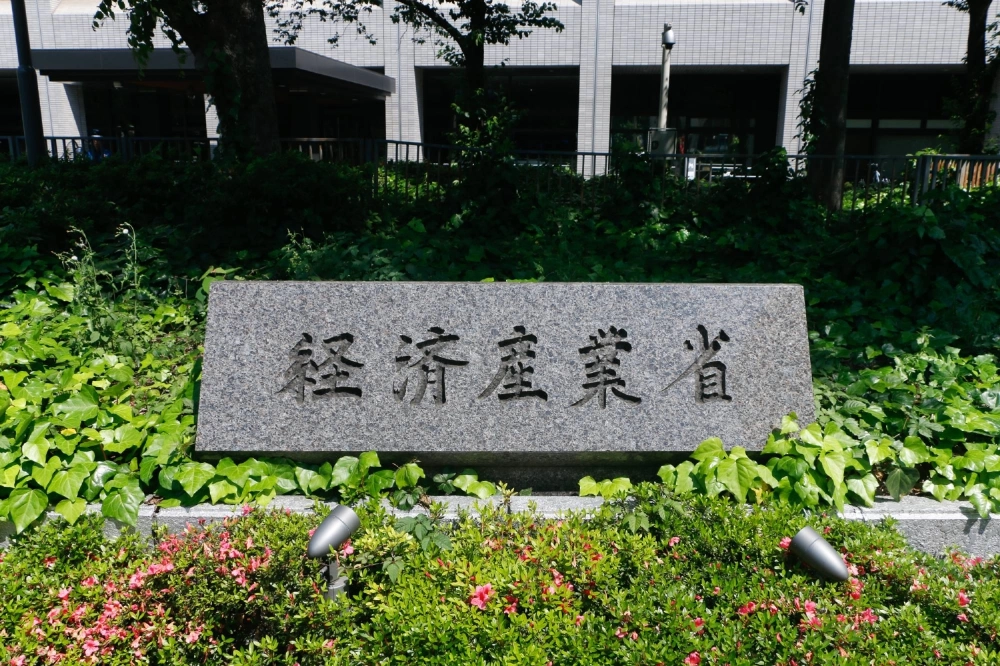The industry ministry will seek tax measures to help spur corporate capital expenditures as part of its requests for the government's fiscal 2026 tax system reform, it was learned Wednesday.
The ministry aims to reduce tax burdens on Japanese companies making investments in facilities and equipment by expanding tax deductions and allowing lump-sum depreciation.
Through the measures, which will be in place for five years, it will encourage firms to continue domestic investments despite increasing economic uncertainties reflecting factors such as the high tariff policy of the United States.
The ministry is considering significantly expanding the system of allowing firms to deduct a certain proportion of investment from corporate tax payments.
While specific conditions will be discussed later, the ministry does not plan to set limits in terms of the size of companies and areas of investment in applying the expanded tax deduction. In addition to production machinery and software, factory buildings will likely be subject to the expanded tax deduction.
The ministry is also considering the possibility of enabling companies to book costs of introducing facilities and equipment as tax-deductible depreciation costs fully in the first year.
Normally, companies book such depreciation costs as part of taxable incomes over several years depending on the durable life of each asset.
If taxable incomes are reduced substantially through lump-sum depreciation, firms will be able to secure more cash at hand and make further investments or raise wages using the funds.
The United States and European countries have mapped out measures to promote domestic investments.
In July, U.S. Congress approved a bill to make instant depreciations a permanent system. Germany's parliament has endorsed legislation including future corporate tax reductions.



















With your current subscription plan you can comment on stories. However, before writing your first comment, please create a display name in the Profile section of your subscriber account page.